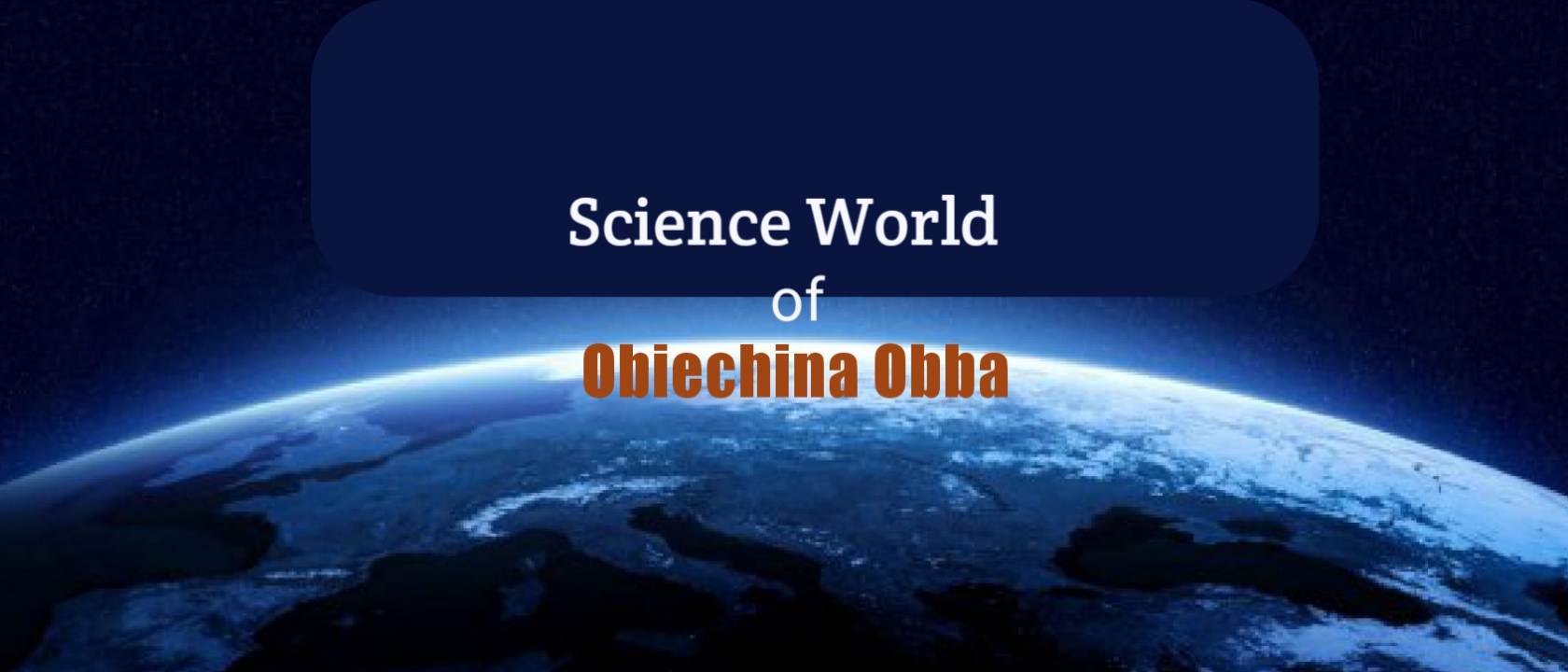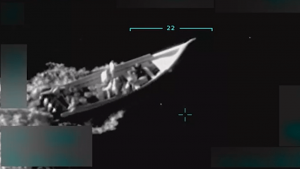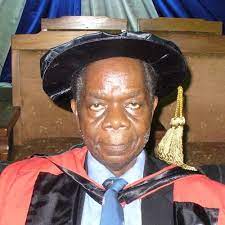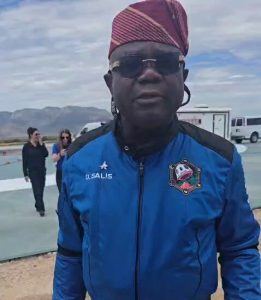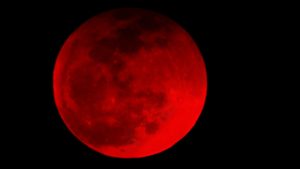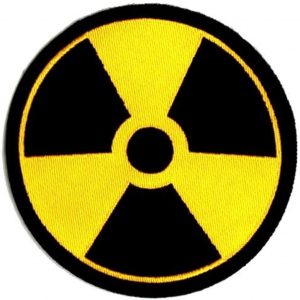Africa committed the continent to being a nuclear weapon-free zone with the Pelindaba Treaty which was signed on April 11, 1996, in Cairo, Egypt.
The Treaty prohibits the development, manufacture, testing and possession of nuclear weapons in Africa.
It entered into force in 2009 and was signed by 52 out of the 54 states in the continent.
By 2025, the Pelindaba Treaty has been ratified by 44 African countries.
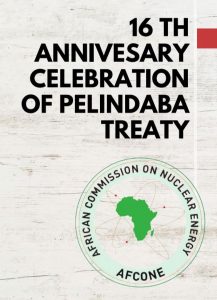
July 15, 2025, was the 16th anniversary of the Treaty coming into force, and the African Commission on Nuclear Energy, AFCONE, marked the event with an elaborate ceremony in the headquarters in Pretoria, South Africa.
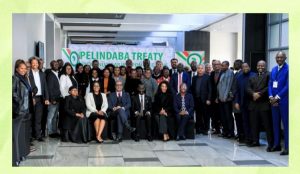
At least 100 representatives of who’s who in the industry in the world, and especially Africa, attended the event.
Gaspard Liyoko, Chairperson of AFCONE, expressed satisfaction with the overall level of compliance, and the fact that no country in Africa has, or is developing, nuclear weapons.
Ishagh Mohamed Moussa, President of AFCONE Conference of State Party (CSP), commended AFCONE for streamlining monitoring compliance of the Treaty and promoting the peaceful use of nuclear technology in Africa.
The President of African Nuclear Law Association, Nkazimulo Mayeni, said he is delighted with the strong legal framework, which he said is multi-faceted, to ensure that the use of nuclear technology in Africa is for entirely peaceful purposes like electricity generation, elemental analysis and research.
The event was coming as the world marked the 80th anniversary of the bombing of Hiroshima and Nagasaki with the first atomic bombs, ending the Second World War.
The Pelindaba Treaty as enforced by AFCONE is significant because it ensures that there is no risk of nuclear conflict in Africa.
On July 30, 2025, some outstanding Africans in the nuclear industry were honoured by AFCONE.
They include: Professor Soheir Koraa of Egypt with the Africa Nuclear Woman Excellence Award; Raphael Chesari of Kenya with the Africa Nuclear Young Professional Excellence Award; Ms Princess Mthombeni of South Africa with the Africa Nuclear Advocacy Excellence Award.
Professor Sunday Jonah of Nigeria was the winner of Africa Nuclear Energy Outstanding Performance Award.
Prof Jonah is the Director of the Centre for Energy Research and Training, CERT, in Ahmadu Bello University (ABU), Zaria.
He is the lead author of 117 journal articles and co-author of 130 others.
Prof Sunday Jonah has been twice (2024 and 2025) one of the Most Cited Authors in ABU, Zaria.
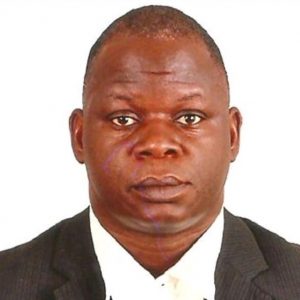
He led the team that successfully converted Nigeria’s only nuclear reactor –30 kw NIRR-1 – from using 70.2% Highly Enriched Uranium, HEU, to 13% Low Enriched Uranium, LEU.
He published this in the prestigious Oxford Handbook on Nuclear Security, 2025.
